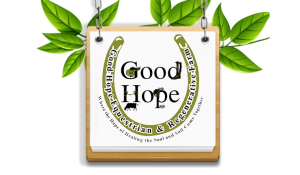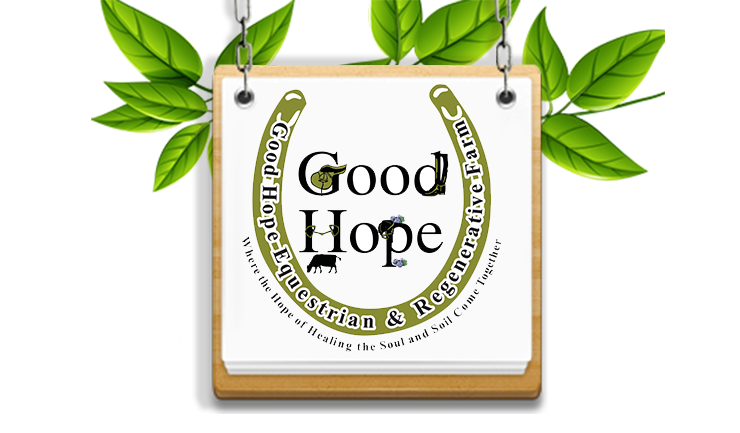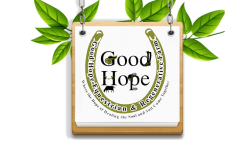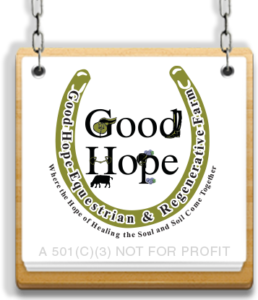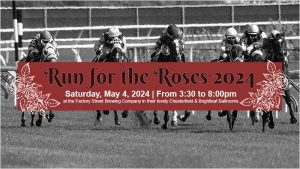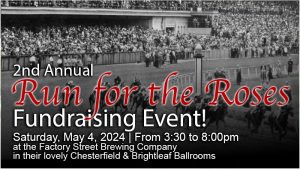Help! Save Our Stables - Give Back to Special Equestrians by GHETC
By Margaret Bass
Give Back for Special Equestrians, an all-volunteer nonprofit 501C3, is issuing an S.O.S Save Our Stables Emergency Relief Fund calling on the equestrian community to help save therapeutic horseback riding stables for disabled children and veterans throughout South Florida.
When schools closed on March 13 due to the COVID-19 pandemic, therapeutic horseback riding stables across South Florida were forced to close their barn doors. Without revenue from riding lessons and with high monthly operating and maintenance costs in excess of $500 per horse for basic necessities like shoes, shelter, shavings, hay, grain and veterinarian bills, therapeutic stables are struggling to care for the horses in their programs, many of which are older and require veterinary care. Without financial support, these riding facilities for the handicapped, will not be able to provide the life-changing equine therapy to special needs children and adults post pandemic.
“We are imploring horse lovers, those with loved ones in the special needs community and all of those who have the means to help – to come together to help support these therapeutic horseback riding stables in their hour of need. They are giving hope to those facing some of life’s most difficult physical, mental and emotional disabilities and they need our support urgently,” said Dr. Heather Kuhl, Give Back for Special Equestrians co-founder.
There are currently 850 PATH certified riding stables in the United States. In South Florida, Give Back for Special Equestrians supports Good Hope Equestrian Training Facility in Homestead, Stable Place in Davie and Special Equestrians of the Treasure Coast in Vero Beach.
To a child or adult with a disability, life seems brighter on horseback. The horses seem to know and enjoy their jobs, gently carrying their special needs riders. Equine therapy has been used as a therapeutic aid for thousands of years. The ancient Greeks used horses to help people with incurable diseases and the first written mention of this was by Greek physician Hippocrates, known to many as the Father of Medicine. In modern times, equine therapy began to gain popularity in the 1950’s when Liz Hartel, paralyzed due to polio, won the silver medal in dressage in the 1953 Olympic Games. Soon after, therapists around the world paired therapeutic riding with physical therapy and found amazing results.
I have been blessed to see children with Autism connect with their horse and say their first word” said, Dr. Peggy Bass, Executive Director of Good Hope Equestrian Training Center. Thanks to therapeutic riding, children and adults are able to develop their strength, coordination, enhance their fine and gross motor skills, while also building their self-confidence in an inclusive environment.” But without immediate financial support, and not knowing how long this crisis might take, we will not be able to continue caring for our horses and ponies in the program – leaving our students like Star, who has CP, Dylan who has Autism and Amy who suffers with Downs Syndrome able to continue their therapeutic journey.”
Give Back for Special Equestrians is made up of horse lovers who are passionate about sharing the joy that horses have brought into their own lives with those facing some of life’s most difficult challenges such as Autism, Paralysis and PTSD. Help us give hope by donating today!
